Keynote Speakers
- Charalambos Iacovou
- Thomas Dimopoulos
- Agni Petridou
- Oren Yiftachel
- Gideon Bolt
- Howayda Al- Harithy
- Thomas Maloutas
- Mike Raco
- Rikke Skovgaard Nielsen
- Kath Scanlon
- Sergio Nasarre-Aznar
- Haim Yacobi
- Anne Power
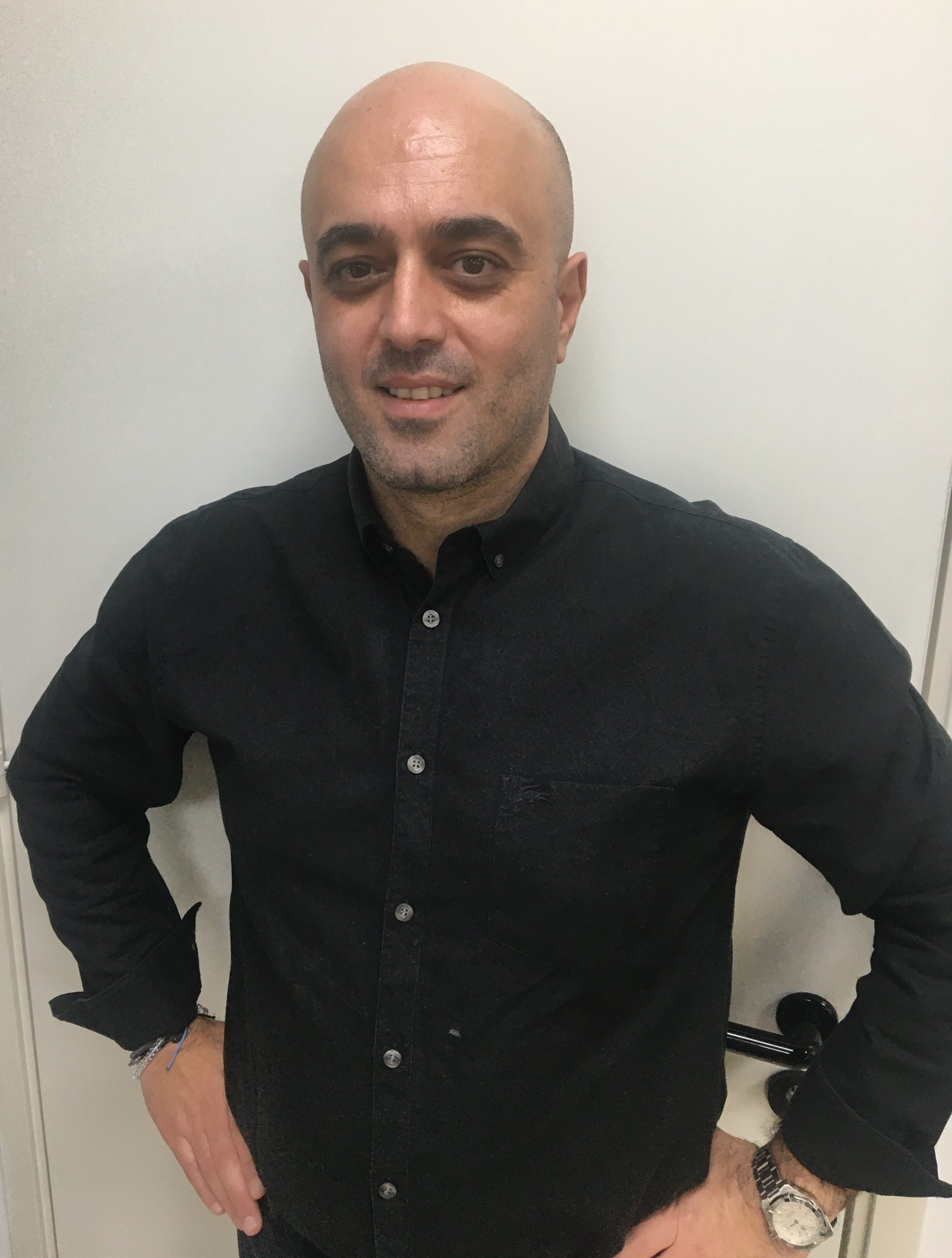
Charalambos Iacovou
Plenary I: Settlements and the unsettled – housing challenges and opportunities in the Cypriot context
Bio:
Charalambos Iacovou is currently holding the position of Technical Department Coordinator at the Cyprus Land Development Corporation. He is a qualified Architect, with more than twenty years of professional experience in the Design, Supervision and Coordination of projects both in the public and private sectors. After working for several years in the private sector as a Design Consultant and Director, in 2009 he was given the opportunity to work as an Architect at the Cyprus Land Development Corporation. For more than ten years he has been involved in the design and implementation of large-scale residential projects and has been active in environmental and social sustainability initiatives. His has engaged in community networking, transformative actions, task implementation and proposal preparation.
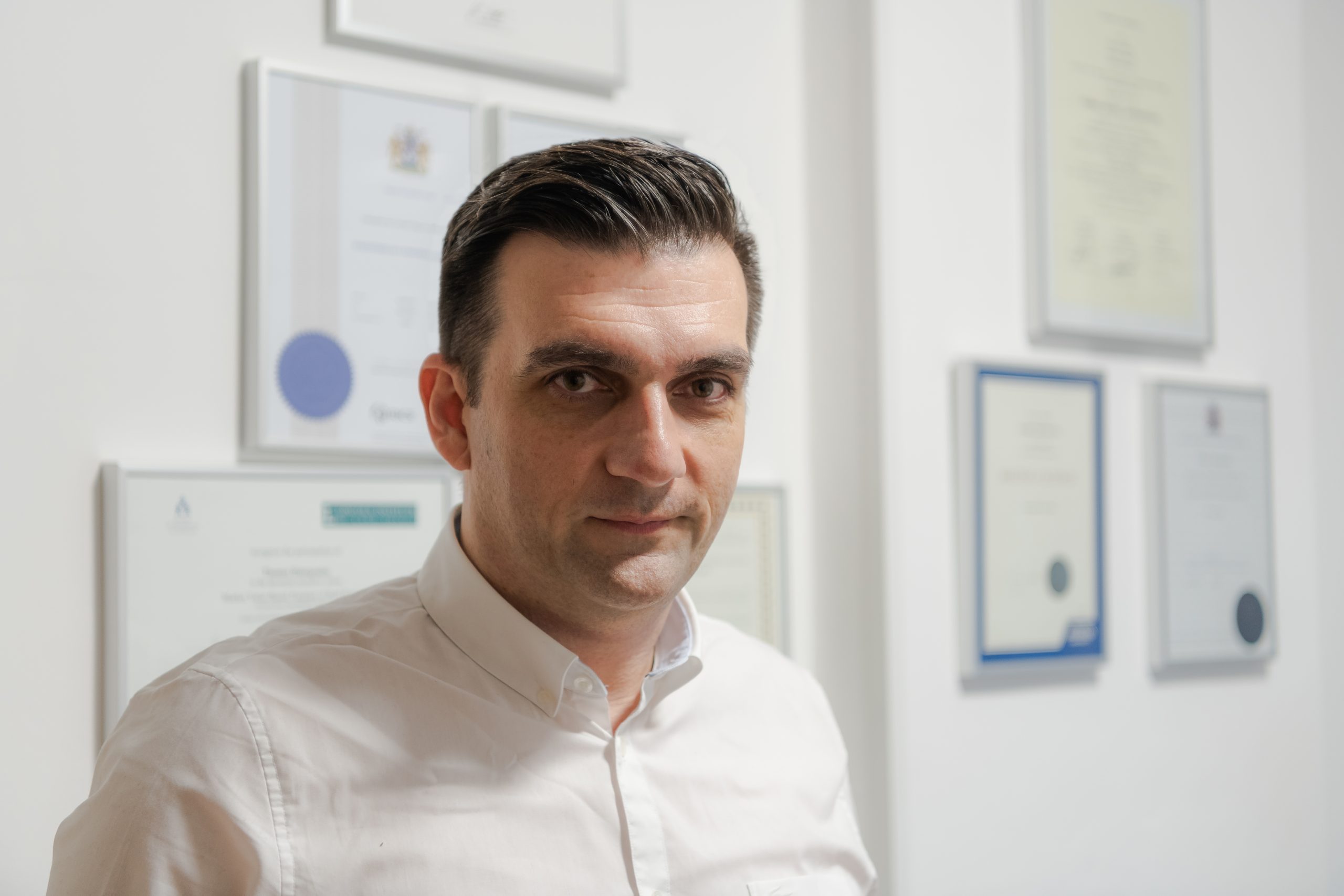
Thomas Dimopoulos
Plenary I: Settlements and the unsettled – housing challenges and opportunities in the Cypriot context
Bio: Dr. Thomas Dimopoulos is the Director and founder of AXIA CHARTERED SURVEYORS. He was appointed at the European Board of IVSC (International Valuation Standards Council) on January 2020. He is also Lecturer in Real Estate at Neapolis University and Visiting Lecturer at Cyprus University of Technology. He holds a PhD from Cyprus University of Technology, a M.Eng. in Rural and Surveying Engineering from Aristotle University of Thessalonica, and a MSc in Real Estate from Oxford Brookes University. He is chairman of RICS Cyprus (Royal Institution of Chartered Surveyors) since 2017 and member of the board of the Association of Property Valuers in Cyprus. Before AXIA he worked in several companies in Cyprus and abroad. He has also published several articles in accredited international journals. His research and publications focus on property valuation methodologies, property taxation, geospatial data analysis and Mass Appraisals with the use of Artificial Intelligence and Machine Learning techniques.
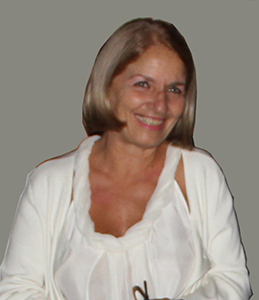
Agni Petridou: Architect
Plenary I: Settlements and the unsettled – housing challenges and opportunities in the Cypriot context
Bio: Agni Petridou has been trained as an architect and has served as a Director of the Technical Services of the Nicosia Municipality and a Team Leader of the Nicosia Master Plan Team, a bi-communal project concerned with the present and future physical development of the divided city of Nicosia. Since 2017 she has been appointed as the Project coordinator of the redesign of Eleftheria square, a project of Zaha Dadid Architects. Her work has focused on: definition of the preservation policies for the revitalization of the historic areas Design and implementation of large scale Residential Revitalization Program; Pedestrianisation Schemes; Redesign of Public Open Spaces in conservation areas; Restoration and adaptation of Historic buildings to accommodate contemporary public function; Elaboration of restoration guidelines referring to architectural typology, Traditional Building Techniques and reuse of Traditional Building Materials; Elaboration of new mechanisms and tools for the implementation of rehabilitation programs. She has been awarded with the The Aga Khan Award for Architecture for the contribution to the rehabilitation of the walled city of Nicosia (2007).
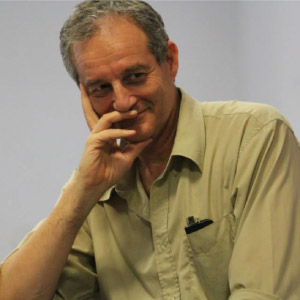
Oren Yiftachel, Professor of political and legal geography, urban studies and urban planning
Plenary II: Unsettled Settlements: Housing The Displaced
Bio: Oren Yiftachel teaches political and legal geography, urban and regional planning and public policy at Ben-Gurion University of the Negev. He is one of the main critical geographers and social scientists working in Israel/Palestine and has studied in Australian and Israeli universities, and previously taught in urban planning, geography, political science and Middle East departments, at a range of institutions, including: Curtin University, Australia; the Technion, Israel; the University of Pennsylvania, Columbia, and UC Berkeley, in the US; University of Cape Town, South Africa and the University of Venice, Italy. He was a research fellow at RMIT, Melbourne; the US Institute of Peace, Washington DC; and the Van Leer Institute, Jerusalem. Prof. Yiftachel is the founding editor of the journal Hagar: Studies in Culture, Politics and Place, and serves on the editorial board of Planning Theory (essay editor), Society and Space, IJMES, MERIP, Urban Studies, Journal of Planning Literature, and Social and Cultural Geography. He has worked on critical theories of space and power; minorities and public policy; ‘ethnocratic’ societies and land regimes; He is currently working on three main research projects: the spatial transformation of Israel/Palestine; the geography of ethnocratic power structures; and the various shades of the ‘grey city’ using a comparative international perspective.
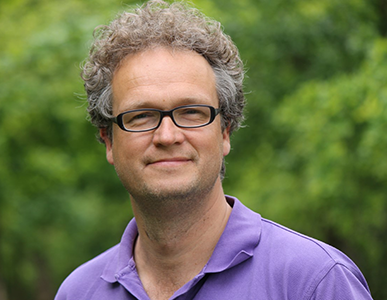
Gideon Bolt, Urban Geographer
Plenary II: Unsettled Settlements: Housing The Displaced
Bio: Gideon Bolt is an urban geographer at the Department of Human Geography and Planning in Utrecht (The Netherlands). He focuses his research on social cohesion, residential segregation, social mix & diversity and the effects of urban renewal. Bolt is one of the coordinators of the ENHR working group Housing and Minority Ethnic Groups. He is an editor of the Journal of Housing and the Built Environment and has guest-edited special issues in six other peer reviewed journals: Housing Studies (2010); Journal of Ethnic and Migration Studies (2010); Cities (2013); Urban Geography (2016); Tijdschrift voor Sociale en Economische Geografie (2018); Social & Cultural Geography (2019).
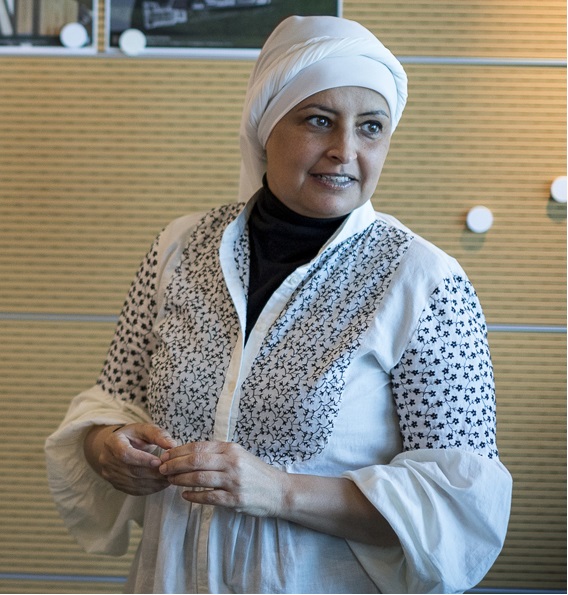
Howayda Al- Harithy, Professor of Architecture and Urban Design
Plenary III: (Changing) Role Of Housing In The Production Of Inequalities
Bio: Howayda Al-Harithy is Professor of Architecture and Urban Design at the American University of Beirut (AUB), where she is currently serving as Founding Director of the School of Design. She holds a Bachelor of Architecture from the Oregon School of Design, a Master of Science in Architecture from MIT, and a PhD in History of Art and Architecture from Harvard University. She is also a Research Director at the Beirut Urban Lab. Her research focuses on urban heritage with emphasis on the theoretical debate on heritage construction and consumption related to identity building and post-war reconstruction in the Arab world. Her current work conceptualizes urban recovery in relation to processes of historical editing, urban trauma, and protracted displacement. She is widely published with over 50 articles, book chapters, and reports in leading journals and refereed books. She is the editor of and contributor to Lessons in Post-War Reconstruction: Case Studies from Lebanon in the Aftermath of the 2006 War (Routledge, 2010) and a forthcoming book entitled Urban Recovery: Intersecting Displacement with Reconstruction (Routledge 2021)
Thomas Maloutas, Professor Emeritus of Social Geography, Department of Geography, Harokopio University
Plenary III: (Changing) Role Of Housing In The Production Of Inequalities
Bio:
Thomas Maloutas is Professor Emeritus at the Department of Geography, Harokopio University. He has directed the Institute of Urban and Rural Sociology at the National Centre for Social Research (EKKE) in Athens (2001-2012) and was Professor at the Department of Planning, University of Thessaly (1991-2009). He has also served as Secretary General for Research & Technology at the Greek Ministry of Education (2015-2016). He was visiting professor at the Institut d’études politiques (2006 & 2014) and Paris VIII (2018) and has been invited for lectures and research cooperation at many universities in Europe, North and South America, East Asia and Australia. He has directed 24 Greek and international research projects. His research and published work is related to changing urban social structures, segregation and gentrification, with a particular focus on Greek cities.
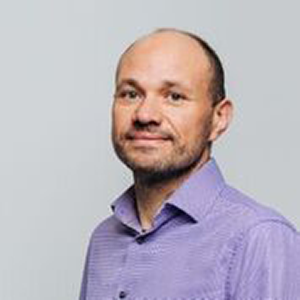
Mike Raco, Professor of Urban Governance and Development in the Bartlett School of Planning, University College London.
Plenary IV: Housing Policy Transformations And Urban Governance
Bio: Mike Raco has published widely on the topics of urban governance and regeneration, urban sustainability, social diversity, and the politics of urban and regional economic development. He is currently leading a team that is working on a collaborative ORA-ESRC funded project on investment flows and residential development in London, Paris and Amsterdam named WHIG: What is Governed in Cities: Residential Investment Landscapes and the Governance and Regulation of Housing Production, with Patrick Le Galès (Sciences-Po, Paris) and Tuna Tasan-Kok (University of Amsterdam).
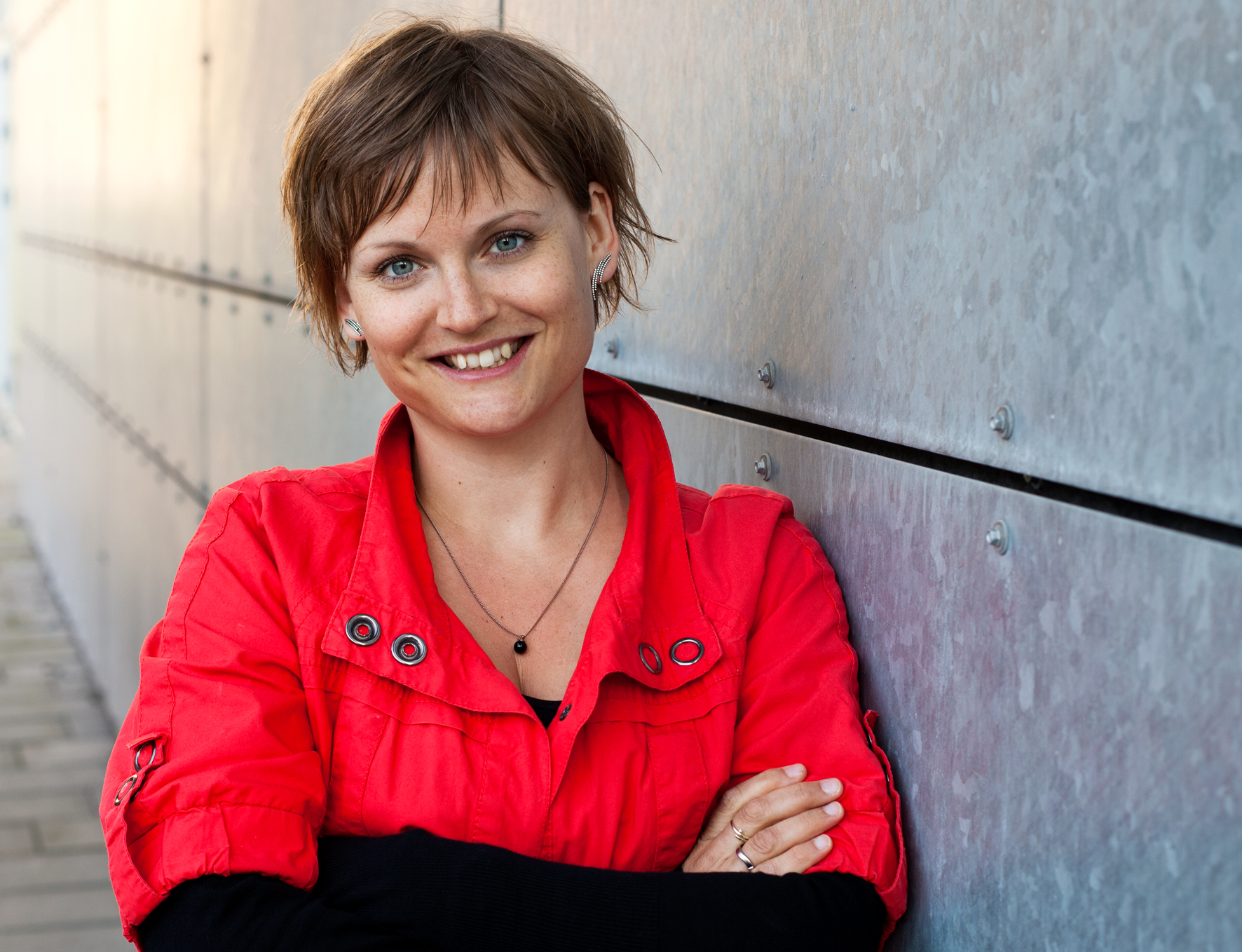
Rikke Skovgaard Nielsen, Senior researcher, Department of the Built Environment, Aalborg University, Denmark
Plenary IV:Housing Policy Transformations And Urban Governance
Bio:Rikke Skovgaard’s work focuses on residential segregation and deprived social housing areas, including regeneration of such areas and the consequences of forced relocation for residents forced to leave due to regeneration initiatives. The latter has come to be relevant in a Danish context after the passing of the so-called ghetto legislation in 2018, which involves, amongst other things, demolition of social housing units. Furthermore, through the FP7-project DIVERCITIES and the H2020-project COHSMO she was worked with and published on diversity, social cohesion, social mobility and inequality.
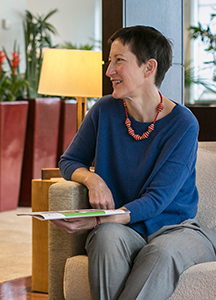
Kath Scanlon, Distinguished Policy Fellow, London School of Economics, London
Plenary V: Housing As A Financial Asset, Housing As A Commodity
Bio: Kath Scanlon has a wide range of research interests including comparative housing policy (across all tenures–social and private rented housing as well as owner-occupation), comparative mortgage finance, and migration. Her research is grounded in economics but also draws on techniques and perspectives from other disciplines including geography and sociology, and aims at improving the evidence base for policy decisions at national or local level. Since 2015 she has focused on ways of accelerating new housing development in London, looking at a range of solutions from cohousing and other collaborative approaches to the potential of large-scale private rented schemes. She recently edited an authoritative book on Social Housing in Europe (Wiley, 2014). Kath has worked with a number of national and international institutions including the Council of Europe Development Bank, the Inter-American Development Bank and Denmark’s Realdania foundation. She has lived and worked in the USA, Spain, Denmark, Yugoslavia, Kuwait and Peru, and speaks Spanish, Italian, Serbian, Danish and a bit of French.
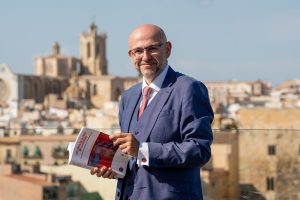
Sergio Nasarre-Aznar, Civil Law Professor, Director of the UNESCO Housing Chair, University Rovira i Virgili, Tarragona, Spain
Plenary V: Housing As A Financial Asset, Housing As A Commodity
Bio: Prof Dr Sergio Nasarre-Aznar (Tarragona, Spain, 1974) is Full Professor of Civil Law and Director of the UNESCO Housing Chair at the University Rovira i Virgili (Spain). He is a European Doctor in Law and holds an M.Phil. in land economy from the University of Cambridge. Since 2008, he has been a corresponding member of the Spanish Royal Academy of Jurisprudence and Legislation. He held an ICREA Fellowship for the excellence of research 2016-20. Consultant of the EU Commission, the Catalan Parliament and Government, Amnesty International, FAO and the Association of German Pfandbrief Banks. Since 2018, he has been an advisor to the German Ministry of the Interior, Construction and Community for the implementation of housing policies in Europe during its European presidency in 2020. Since 2020, he has been an advisor of the project ’Spain 2050’ of the Spanish presidency. He was Deputy Judge in the Court of Appeal of Tarragona for 15 years (2004-18). He is the author of five books on housing, the mortgage market and the law of torts; the most recent is ’Los años de la crisis de la vivienda’ (Tirant lo Blanch, 2020). He has edited nine books and published 110 research papers and book chapters in 12 countries. He has delivered over 200 invited speeches in 21 countries. He has taken part in drafting five laws related to housing. He has been the main researcher or taken part in more than 40 national and international research projects, among which some have been with the EU Commission and the European Parliament about tenancies, evictions and homelessness, cross-border acquisition of land, mortgage consumers and collaborative economy.
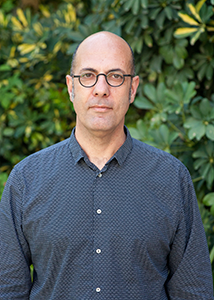
Haim Yacobi, Professor of Development Planning, Programme Leader MSc Health in Urban Development, The Bartlett Development Planning Unit, London
Plenary VI: The Right To Housing Is The Right To Health
Bio: Haim Yacobi is a Professor of Development Planning and a Programme Leader MSc Health in Urban Development at The Bartlett Development Planning Unit UCL. As an architect he specialises in critical urban studies and urban health. His research focuses on (post)colonial architecture, planning and development in Israel\Palestine, the Middle East and Africa. Spatial justice and urban health, contested urbanism and informality are in the core of his research, publication, teaching and activism. Yacobi’s approach to urban health is based on understanding how history, power and structural inequalities (class, gender, race, age) interact to produce urban health disparities. In his current project supported by the the Wellcome Trust, ‘Gaza: The spatio-politics of health, death and life’ he examines how power, violence and health are entangled in conflicts zone in general and in Gaza in particular.
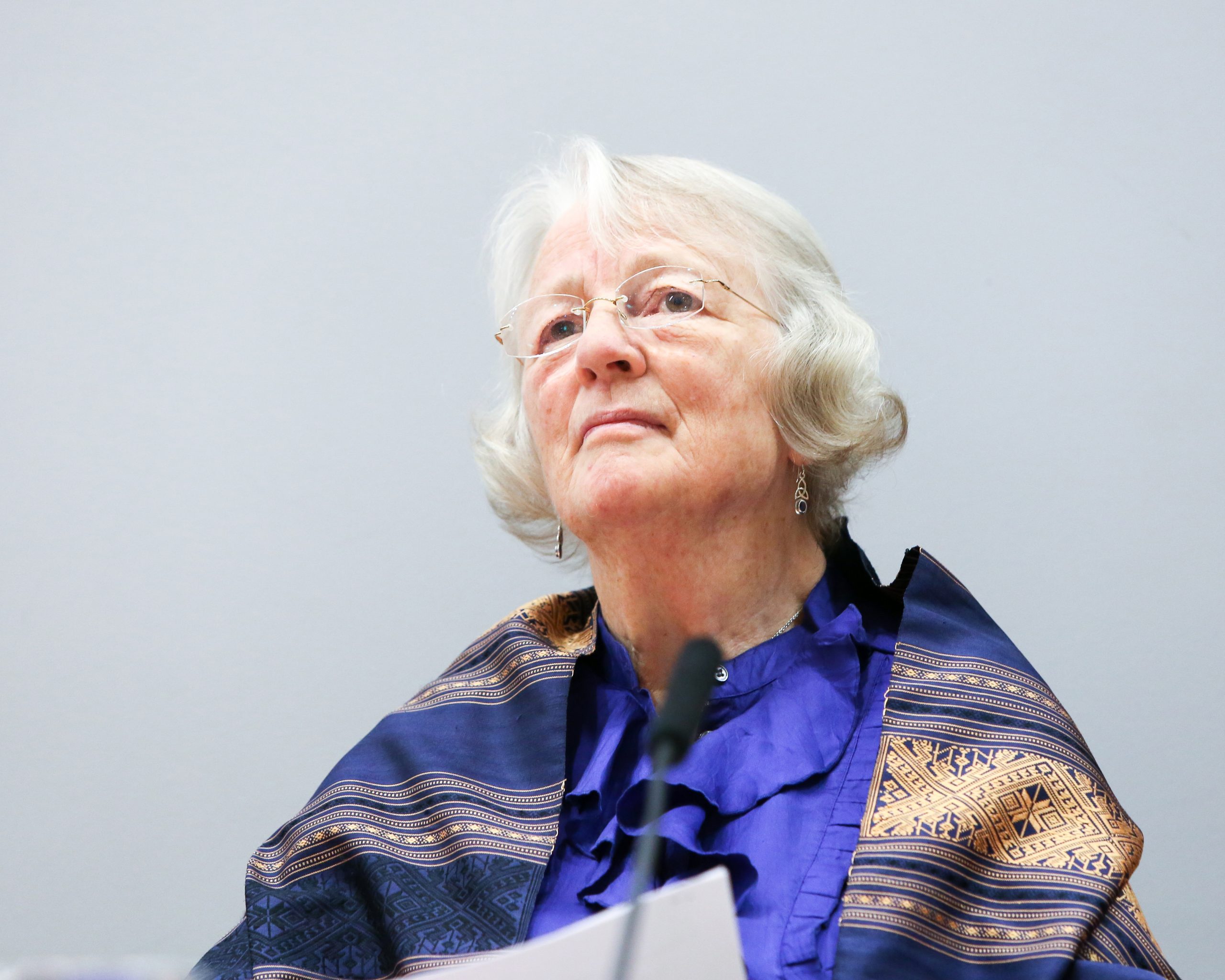
Anne Power, Professor of Social Policy at the London School of Economics and Head of LSE Housing and Communities
Plenary VI: The Right To Housing Is The Right To Health
Bio: Anne Power has been involved in European and American housing and urban problems since 1965. She is Professor of Social Policy at the London School of Economics and Head of LSE Housing and Communities, a research group based within the Centre for Analysis of Social Exclusion. She is author of many books, reports and articles on housing, cities, low-income communities, and sustainability in the built environment.
